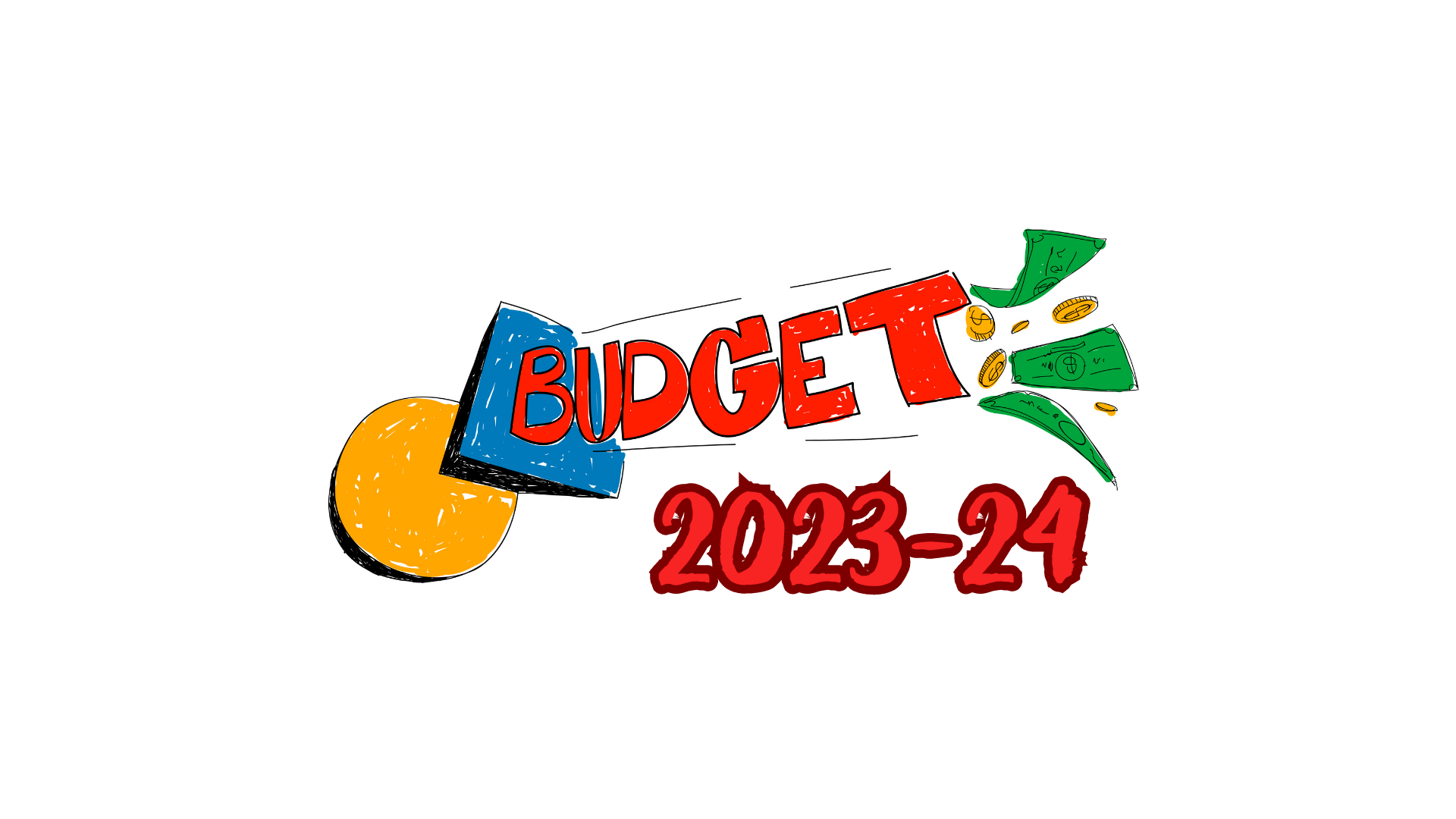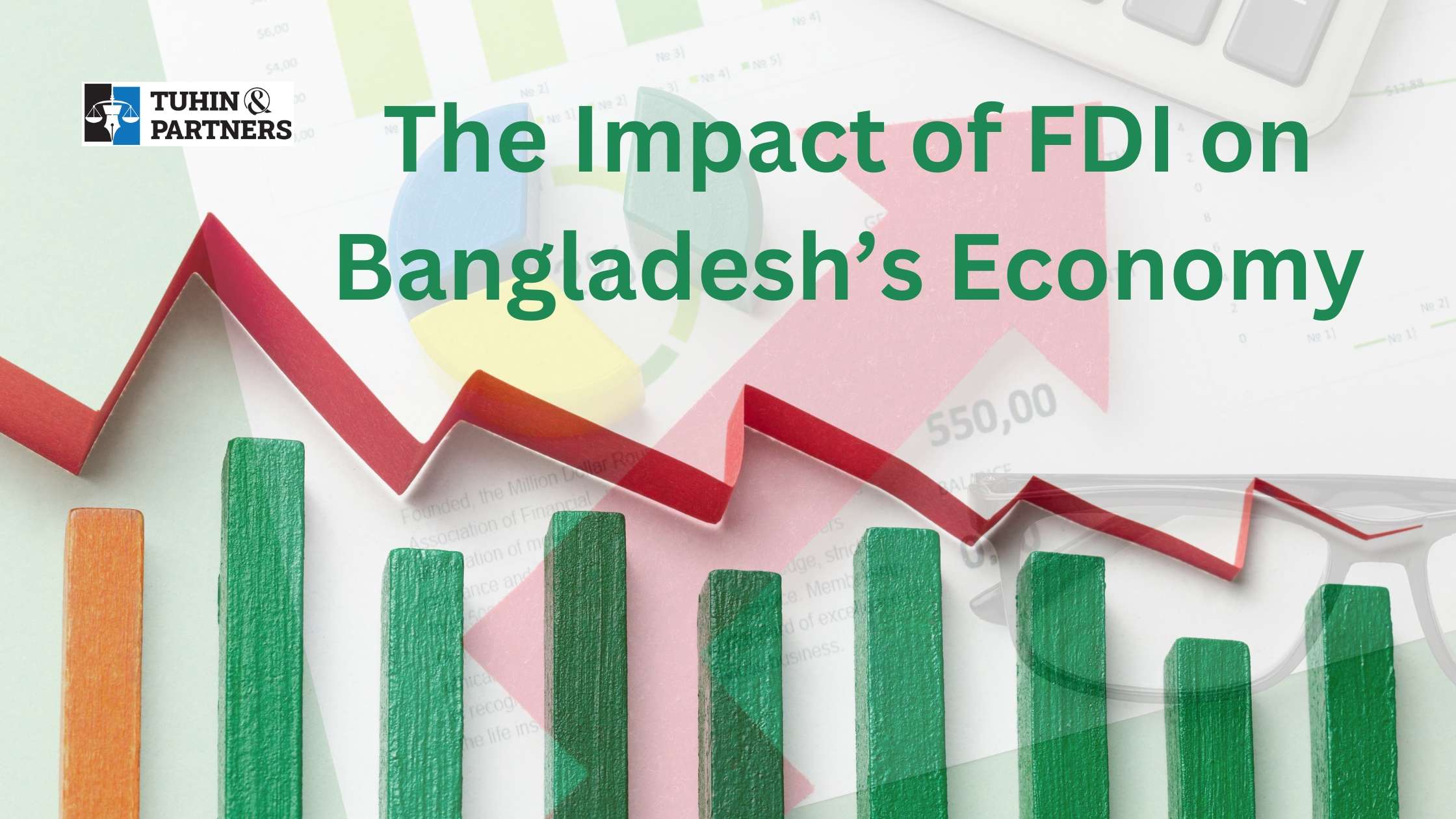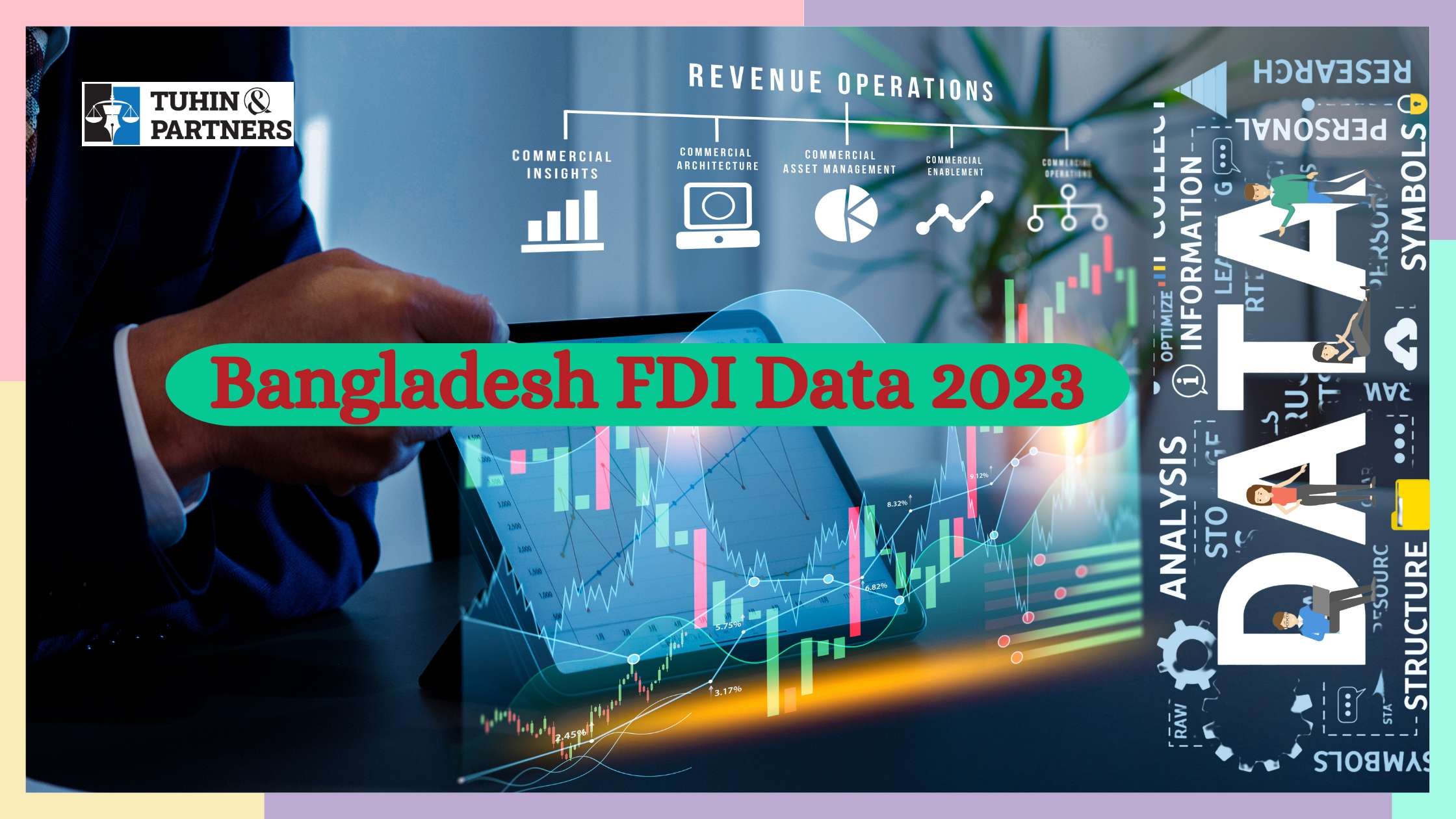Introduction
This comprehensive analysis delves into the intricacies of the proposed National Budget for 2023-24 Bangladesh. Presented by Finance Minister AHM Mustafa Kamal on June 1, 2023, the budget sets forth a vision of “Towards Smart Bangladesh: Sustaining the Development Achievements in a Challenging World.” Our goal is to provide a detailed budget overview, highlighting key aspects, initiatives, and reforms to achieve high growth, reduce poverty and inequality, and ensure quality education, health, and social security for all.
Overview of the Proposed National Budget 2023-24
The 52nd national budget of Bangladesh is a comprehensive framework that addresses macroeconomic challenges while capitalizing on opportunities for sustainable development. The budget speech emphasized the government’s achievements across various sectors, including agriculture, industry, trade, power, infrastructure, education, health, social security, and the environment. It also outlined the challenges faced and the roadmap for the future.
High Growth Rate Target
The proposed National Budget 2023-24 of Bangladesh aims to achieve a high growth rate of 7.5%. This ambitious goal reflects the government’s commitment to driving economic progress and elevating Bangladesh’s global stature.
Tax Reforms and Revenue Generation
To enhance voluntary compliance and widen the tax base, the budget introduces a new tax regime with reduced tax rates and simplified procedures. The government aims to collect Tk 430,000 crore through the National Board of Revenue (NBR), signaling a significant focus on enhancing tax collection and compliance. Additionally, the budget expects Tk 70,000 crore in revenue from other sources, emphasizing the government’s intent to reduce reliance on borrowing.
Sector-specific Initiatives and Subsidies
The proposed budget includes several sector-specific initiatives and subsidies to stimulate growth and support key industries. Noteworthy measures include:
- Increase in Minimum Wage: The budget proposes increasing the minimum wage for workers from Tk 8,000 to Tk 10,000. This step aims to uplift workers’ livelihoods and enhance their economic well-being.
- Agriculture Sector: The budget allocates resources to provide incentives and subsidies to the agriculture sector. These measures aim to boost productivity, improve agricultural practices, and ensure food security for the nation.
- Industry and Export Sectors: The proposed budget offers various incentives and subsidies to foster growth in the industry and export sectors. These initiatives aim to attract investment, promote entrepreneurship, and enhance the competitiveness of Bangladeshi businesses on the global stage.
Key Economic Aspects of the Proposed Budget 2023-24
Let us now explore key economic aspects outlined in Finance Minister AHM Mustafa Kamal’s speech, shedding light on the proposed budget’s revenue generation, expenditure allocation, and strategic focus.
- Revenue Generation
The proposed fiscal year 2023-24 revenue is estimated at Tk 500,000 crore. The government’s focus on enhancing tax collection and compliance are evident through the target of collecting Tk 430,000 crore through the NBR. This emphasis on revenue generation is crucial for funding government expenditure and reducing reliance on borrowing.
- Expenditure Allocation
The budget size for FY2023-24 is estimated at Tk 761,785 crore, accounting for approximately 15.2% of the GDP. This significant allocation reflects the government’s commitment to funding key sectors and initiatives, including infrastructure development, education, healthcare, social security, and environmental sustainability
- Development Priorities
The proposed budget greatly emphasizes addressing macroeconomic challenges while focusing on sustainable development. Key development priorities include:
- Infrastructure Development: The budget allocates substantial funds to infrastructure development projects to improve connectivity, transportation systems, and economic efficiency.
- Education and Healthcare: Recognizing the importance of human capital development, the budget emphasizes providing quality education and healthcare services. Increased investment in these sectors aims to empower the population and enhance social welfare.
- Social Safety Nets: The budget proposes strengthening social safety nets to protect vulnerable groups and alleviate poverty. These measures demonstrate the government’s commitment to creating an inclusive society.
- Digital Transformation: The budget includes initiatives to promote digital transformation across various sectors. By leveraging technology, the government aims to enhance efficiency, transparency, and service delivery, leading to a more digitally connected nation.
Conclusion
Bangladesh’s proposed National Budget 2023-24 encompasses a strategic framework to drive economic growth, reduce poverty, and ensure social welfare. The government aims to create an environment conducive to sustainable development through tax reforms, revenue generation initiatives, sector-specific incentives, and subsidies. The budget’s focus on infrastructure, education, healthcare, social safety nets, and digital transformation aligns with the nation’s aspirations for a more innovative and prosperous Bangladesh. By outlining the comprehensive details of the proposed budget, we aim to provide valuable insights that contribute to its visibility and ranking in online searches.
For more information on the proposed National Budget 2023-24, check out the presentation prepared by Tuhin & Partners.























2 thoughts on “Analysis of Proposed National Budget 2023-24: Towards Smart Bangladesh”
Very resourceful site. Thanks for a good initiative.
You are most welcome. Please stay in touch.